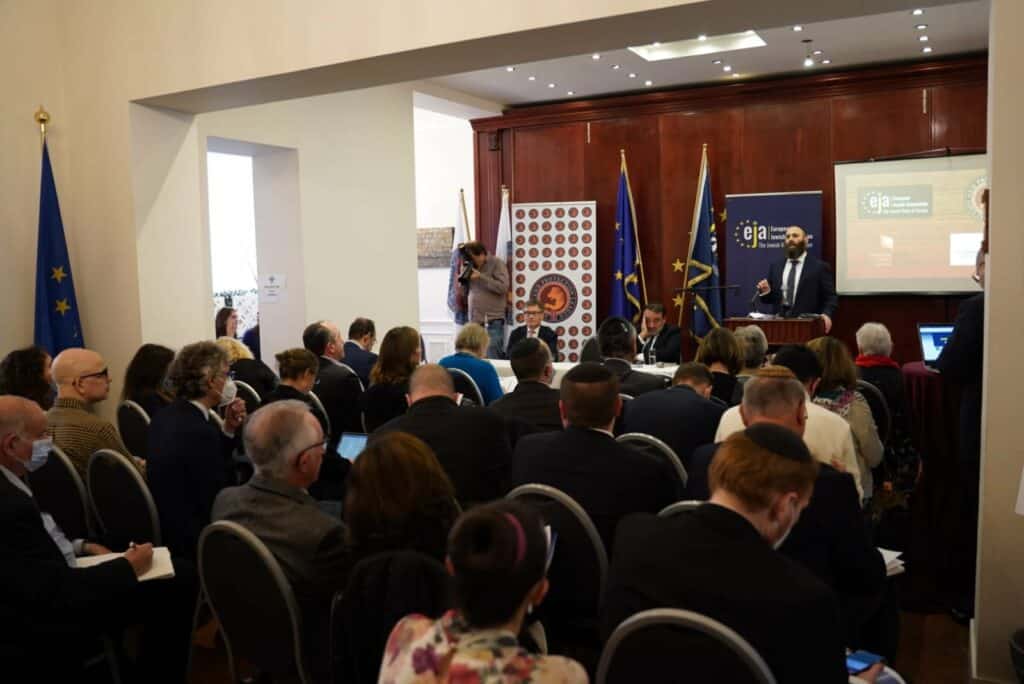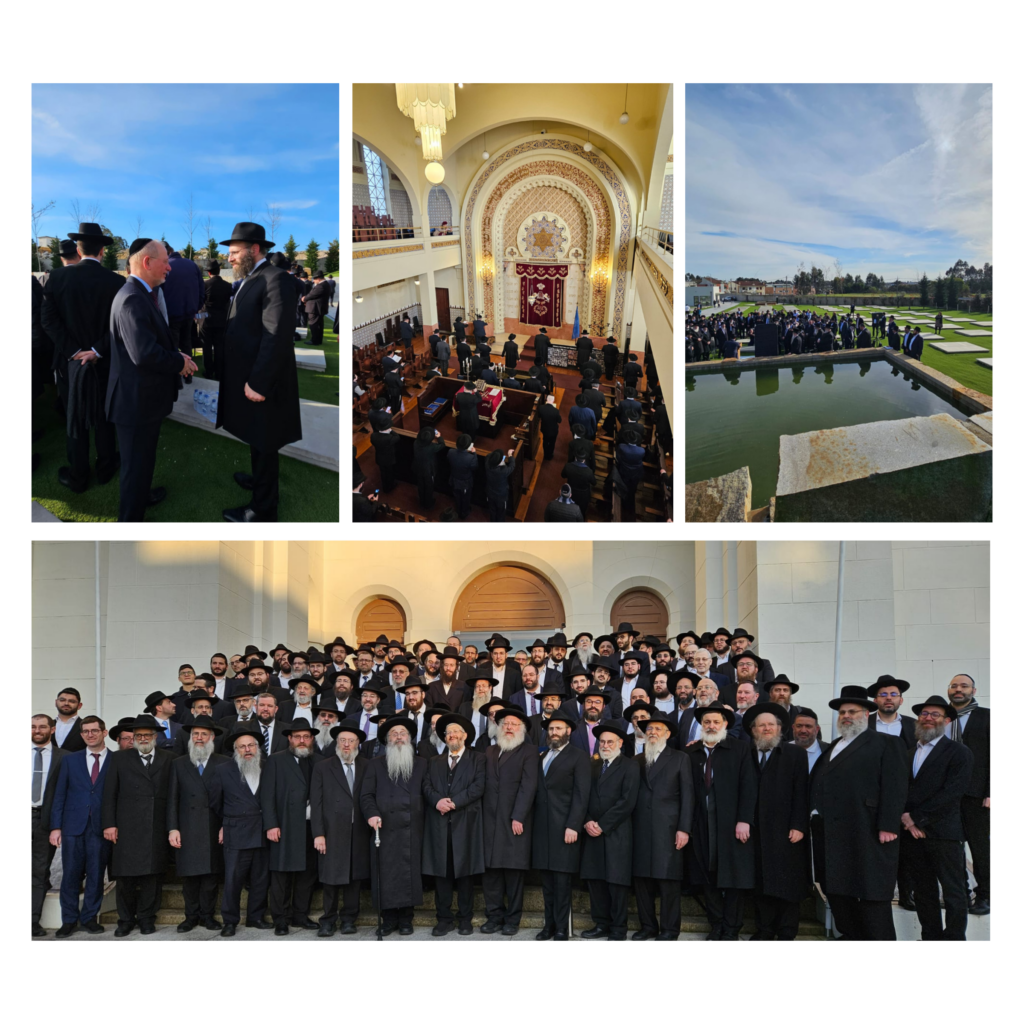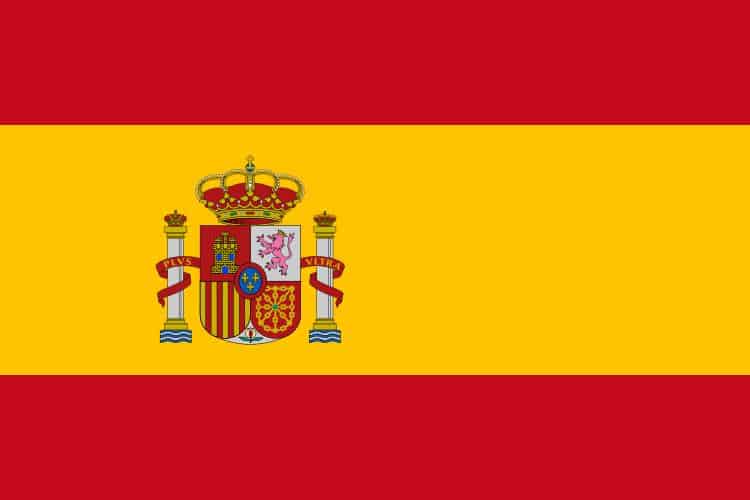Every Day during the Corona crisis our Advisory Board Member Chief Rabbi Binyomin Jacobs (NL) writes a diary, on request of the Jewish Cultural Quarter in Amsterdam, which is published on the website of the NIW, the only Jewish Dutch Magazine. Rabbi Jacobs is the head of Inter Governmental Relationships at the Rabbinical Centre of Europe. We will be regularly publishing a selection of his informative, sometimes light hearted, but always wise pieces.
For our Dutch readers you can follow the diary every day at NIW home page: https://niw.nl
“Schoenmaker, houd je bij je leest”, is a Dutch expression, which means “cobbler stick to your trade” And so, as I’m not a medic, I don’t get involved with medical technology. But if someone is dead, then I could and should get involved. And if something takes place between life and death, the dying process, then it seems to me that both the doctor and the rabbi may operate together (in the figurative sense of the word of course). What am I referring to? Organ donations. Not organ donations from a healthy person who donates a kidney to a fellow human being and thereby saves a life. Nor am I talking about donating organs after death, whether that should or should not be done. No, I’m referring to the case of a donor who would normally have been dead, kept alive artificially and now being used as an organ supplier. He is declared brain dead. In the past, a person was dead, alive or dying. We expect respect for life, for death, but also respect for that intermediate phase. I remember nurses in the gerontopsychiatric ward of the Sinai Center. “Mrs Cohen, how are you today? Your children have arrived to visit you.” They spoke fondly to Mrs. Cohen, who was on a ventilator, although perhaps she would have been legal declared brain dead if she had been a donor. But was Mrs. Cohen already dead? Her body still had temperature, her heart was beating, all organ functions were still intact and she was given medication. The donor is considered brain dead, which is a legal terminology. Without this legal assistance the donor would be considered alive! And ‘the operation’ would have bee an illegal and punishable act. Is the public aware that the donor will receive medication during the organ donation procedure? Medication for a dead body? He is given sleeping pills to control blood pressure. To counteract resistance, the donor was initially tied up to the bed, but nowadays muscle relaxants are administered by the anaesthetist. The impression that the donor is actively resisting is dismissed as reflexes! Enough written about organ donations. Another (less morbid?) topic: There is quite a bit of
opposition to kosher slaughter. I will spare you the details. But the cow would still be alive after the kosher slaughter, because there are visible reflexes. I just don't get it: cattle reflexes are signs of life; human donor reflexes are signs of death!? And therefore is my conclusion: when in doubt do without!













